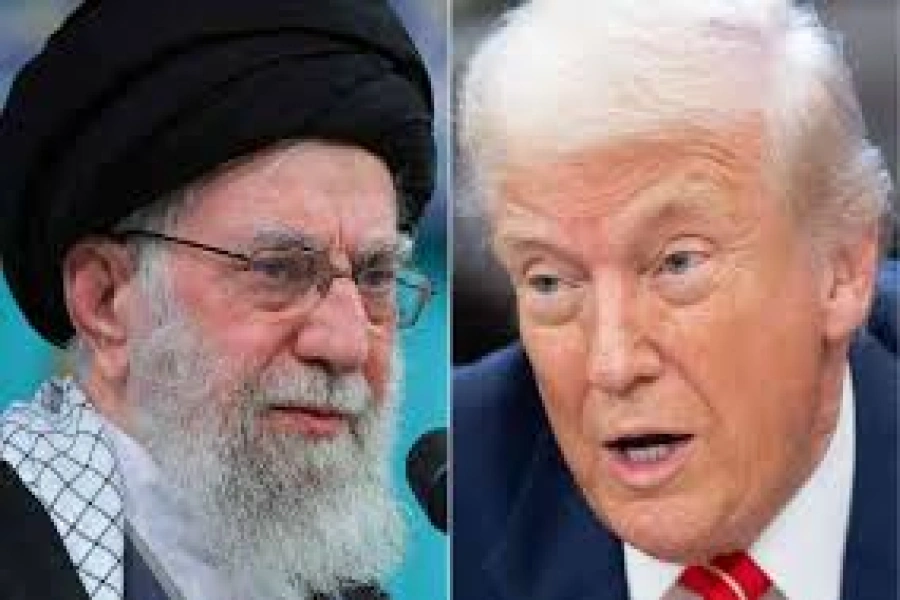When Pope Francis said, “The shepherd must have the smell of the sheep,” he wasn’t just speaking to the Catholic Church and the church leaders. He was inviting all of us to rethink what it means to lead, to care, to show up for others. He gave a vision of leadership built not on distance and power, but on closeness, compassion, and shared experiences.
It’s a vivid image: a leader so close to the people he serves that he starts to carry their scent—their joys, their struggles, their reality. Think about that for a second. Scent is personal. You don’t pick it up from across the room. You carry it after closeness—after an embrace, after sharing space. It’s the kind of closeness that changes you. You carry a little bit of them with you.
That’s what Pope Francis has done. He’s spent time with not just Catholics, but with the forgotten, the hurt, the ordinary of all religions. And somewhere along the way, he started to carry the scent of those lives. In turn, they also began to carry with them something of his.
Servant leadership personified
What Pope Francis models is what many now call “servant leadership”—but even more tenderly, it can be called shepherd leadership. This kind of leadership isn’t obsessed with authority or control; it’s not about being the loudest voice in the room. It’s about being present, attentive, and willing to walk with others, especially those who are struggling. The shepherd doesn’t lead from behind a desk or a pedestal but from within the crowd, listening and learning as much as guiding.
From the moment he became pope, Francis chose a different way. He let go of extravagance and embraced simplicity. He chose simpler clothing, drove smaller cars, and had a modest home. He visited prisons. He hugged the sick. He spent time with migrants. He spoke about climate change and poverty, not from a stage, but from a place of shared concern. He didn’t lead from above; he led from beside.
Pope Francis’s approach reminds the world that real strength is found in service, and real influence comes from compassion. It’s a style of leadership that invites others not to obey blindly, but to walk together, step by step, side by side. That’s why people from many different backgrounds—believers, doubters, seekers—found themselves drawn to him.
Pope Francis, groundbreaking leader of Catholic Church, dies at...

He gave a sense of closeness in a world full of distant leaders. He felt real to those who encountered him.
The scent that lingers
When someone deeply kind enters your life, even if only briefly, they leave a lasting mark. Their words stay with you. Their presence lingers. Like a hug from someone wearing strong perfume, you walk away with a scent that wasn’t there before.
Through his actions, Pope Francis gave the world a kind of spiritual “hug.” And the world that opted to receive the hug started to smell like him. More than rules or doctrines, what he offered was a way of being—with empathy, courage, and simplicity.
The scent began to spread. It started to affect how people treated one another. Some religious leaders began listening more. Some institutions took a second look at how they cared for the poor. Inspired by his example, some young people started speaking up for justice and the environment. The fragrance was subtle, but it was everywhere.
Dared to be accountable
Pope Francis didn’t pretend the Church was perfect, far from it. He stepped into painful history and didn’t flinch. His apologies haven’t been stiff or scripted. They’ve been real. Personal. The kind that comes from someone who understands the weight of the past and wants to help carry it toward healing.
In 2015, standing on Bolivian soil, he openly apologized for the Catholic Church’s role in the colonial oppression of Indigenous peoples in the Americas, calling them “grave sins.” He didn’t try to soften it or explain it away—he named it. Then, in 2019, he met with the Roma community in Romania and asked for forgiveness for the ways they had been mistreated and excluded by the Church. And in 2022, he travelled to Canada, where he spoke directly to Indigenous communities and expressed deep sorrow for the abuses committed in Church-run residential schools. He called it what it was: evil.
These moments weren’t about checking a box or protecting an image; they were about being present. They were about opening a door to truth, to accountability, and maybe most importantly, to healing. By confronting painful truths and seeking forgiveness, he reminded us that genuine change begins with honesty. And that sometimes, the most powerful thing a leader can say is, “We were wrong.”
Infectious fragrance
You don’t need to be Catholic—or religious at all—to feel the power of this kind of leadership. At its core, this is about connection. It’s about walking with people rather than talking down to them. It’s about letting your life be touched by someone else’s, and in turn, allowing your kindness to leave a trace on them.
Pope Francis, by being close to people in their pain, didn’t just change the Church. He changed the tone of global conversation to one of a compassionate life, rather than from one religion to another. He reminded the world that care is not a sign of weakness, that humility is a strength, and that authentic leadership listens before it speaks.
The beautiful twist in all of this is that when someone leads with such a powerful presence of love and authenticity, others begin to echo that presence. The “sheep” starts to smell like the “shepherd.” But not in a religious sense alone—it’s about influence—the kind of influence that comes not from status, but from sincerity.
You might see it in a nurse who treats her patients with tenderness and compassion. Or a teacher who stays after class to help a struggling student. Or a neighbor who makes sure no one in the neighborhood feels alone. That’s the fragrance Pope Francis carried—and that many now have too.
The scent we leave behind
This story isn’t just about one man in white robes. It’s about all of us. We too carry a scent through our values, our presence, and our choices.
The question is, what kind of scent do we leave behind in the lives of others?
Pope Francis showed us what’s possible when we live close enough to others to be changed by them—and to change them in return. Because of the way he has led, the world carries a little of his scent. It smells like compassion. Like courage. Like love that chooses to stay near even when it would be easier to walk away.


























-1200x560-1771928761.webp)









